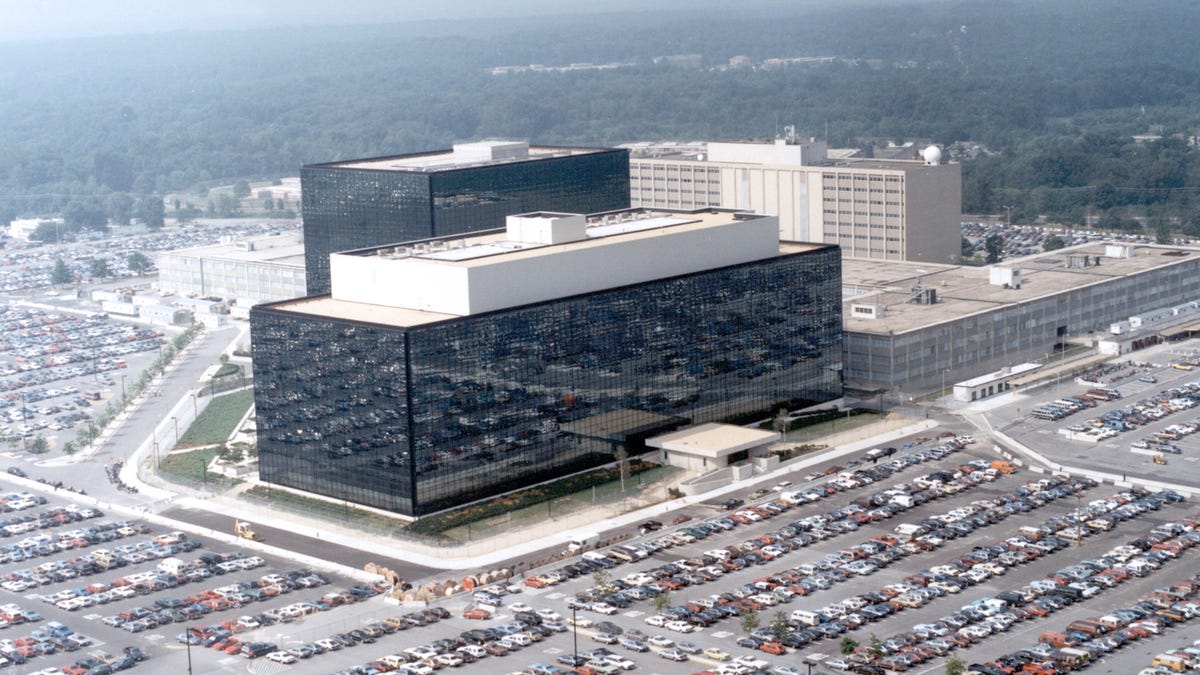Supreme Court throws out NSA surveillance case
Court's conservatives say there's no evidence plaintiffs, including Amnesty International, were harmed by controversial law allowing wholesale surveillance of international communications.

In a narrow, 5-4 decision, the U.S. Supreme Court rejected a lawsuit challenging a secretive National Security Agency surveillance program.
A majority of the justices ruled (PDF) that the lawsuit, brought by human rights advocates and journalists who believed their electronic communications sent abroad would be intercepted, was "too speculative" to proceed based on fears of "hypothetical future harm."
The plaintiffs, which included Amnesty International and The Nation magazine, had argued that the 2008 amendments to the Foreign Intelligence Surveillance Act -- giving the government virtually unregulated authority to perform bulk surveillance on the international communications of U.S. citizens -- violates privacy rights protected by the Fourth Amendment.
Justice Samuel Alito, who wrote the majority opinion endorsed by the court's other conservatives, disagreed. "It is speculative whether the Government will imminently target communications to which respondents are parties," he wrote. "We decline to abandon our usual reluctance to endorse standing theories that rest on speculation about the decisions of independent actors."
The decision turns on a technicality, but an important one. As Alito wrote, the hurdle the litigants faced was based on "standing," the venerable legal doctrine that prevents the constitutionality of a law from being challenged unless there's proof the plaintiff is actually harmed or about to be harmed.
A dissent written by Justice Stephen Breyer said the case should have continued because the harm was not speculative.
"It is as likely to take place as are most future events that commonsense inference and ordinary knowledge of human nature tell us will happen," Breyer wrote, saying he was expressing no opinion about whether the Fourth Amendment was violated but would let the case continue to explore that point. "This court has often found the occurrence of similar future events sufficiently certain to support standing."
An understanding of the technology and the NSA's motives to expand its surveillance as much as possible "all point to a very strong likelihood that the government will intercept at least some of the plaintiffs' communications," he concluded.

